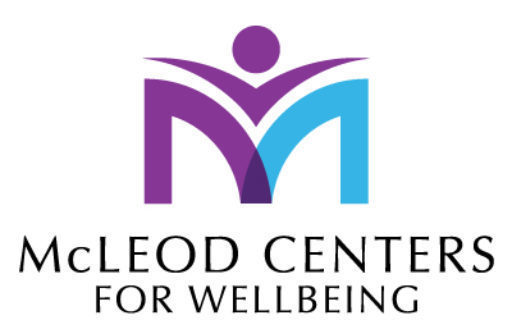Medication Assisted Treatment
If you are interested in starting Medication Assisted Treatment (MAT), call (704) 332-9001 extension 2528 to speak to an MAT Intake Coordinator about admissions for all MAT programs.
If you need help setting up the HD Meeting app to connect virtually with your counselor/physician, see the guide below:
McLeod Centers offers Medication Assisted Treatment (MAT) at 8 clinics across North Carolina:
All programs are open Monday-Friday 5 am-11 am, Saturday 6am-9am.
All programs are closed on Sunday with the exception of Charlotte MAT, which is open from 8am-9am.
Charlotte mat
500 Archdale Drive
Charlotte, NC 28217
Phone: (704) 755-0150
Fax: (704) 295-4937
concord mat
300 Copperfield Blvd.
Suite 105
Concord, NC 28025
Phone: (704) 782-3131
Fax: (980) 292-8043
Gastonia MAT
549 Cox Rd
Gastonia, NC 28054
Phone: (704) 865-1558
Fax: (980) 292-8038
Hickory MAT
1170 Fairgrove Church Rd.
Hickory, NC 28601
Phone: (828) 464-1172
Fax: (828) 464-1175
Lenoir MAT
222 Morganton Blvd. SW
Lenoir, NC 28645
Phone: (828) 610-2740
Fax: (828) 536-4926
Marion MAT
117 West Medical Court
Marion, NC 28752
Phone: (828) 659-3966
Fax: (828) 536-4921
Monroe MAT
2208 W. Roosevelt Blvd.
Monroe, NC 28110
Phone: (704) 289-9869
Fax: (980) 292-8039
Statesville MAT
636 Signal Hill Dr. Extension
Statesville, NC 28625
Phone: (704) 871-2992
Fax: (980) 292-8042
Per the Substance Abuse and Mental Health Services Administration (SAMHSA), medication-assisted treatment (MAT) is the use of FDA-approved medications, in combination with counseling and behavioral therapies, to provide a clinically-driven, “whole-patient” approach to the treatment of substance use disorders. MAT often prevents or reduces opioid overdose by normalizing brain chemistry, blocking the euphoric effects of alcohol and opioids, and relieving physiological cravings. The aim of MAT is for patients to achieve stability, generally a year or more of continued participation and compliance with treatment recommendations. In addition to the FDA-approved medications (either Methadone or Buprenorphine), patients receive individual treatment planning, urinalysis testing, and referrals to community resources as needed.
